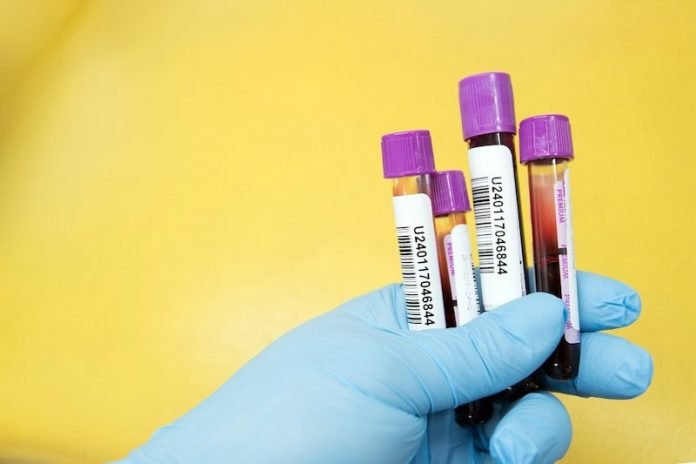
T cells are a type of white blood cells that are specialized in recognizing infected cells and are an essential part of the immune system.
About 1% to 5% of T cells in the blood of healthy people consist of so-called MAIT cells (mucosa-associated invariant T cells), which are very important for controlling bacteria but can also be recruited by the immune system to fight some viral infections.
In a recent study at Karolinska Institutet, researchers found that a type of anti-bacterial T cells, so-called MAIT cells, are strongly activated in people with moderate to severe COVID-19 disease.
The findings contribute to an increased understanding of how our immune system responds against COVID-19 infection.
The study is published in the journal Science Immunology. One author is Johan Sandberg.
In this study, the team wanted to find out which role MAIT cells play in COVID-19 disease pathogenesis.
They examined the presence and character of MAIT cells in blood samples from 24 patients with moderate to severe COVID-19 disease and compared these with blood samples from 14 healthy people and 45 people who had recovered from COVID-19.
The results showed that the number of MAIT cells in the blood decline sharply in patients with moderate or severe COVID-19 and that the remaining cells in circulation are highly activated.
This suggests they are engaged in the immune response against SARS-CoV-2. This pattern of reduced number and activation in the blood is stronger for MAIT cells than for other T cells.
The researchers also found that pro-inflammatory MAIT cells accumulated in the airways of COVID-19 patients to a larger degree than in healthy people.
Taken together, these analyses showed that the reduced number of MAIT cells in the blood of COVID-19 patients is at least partly due to increased accumulation in the airways.
In convalescent patients, the number of MAIT cells in the blood recovered at least partially in the weeks after the disease, which can be important for managing bacterial infections in individuals who have had COVID-19.
In the patients who died, the researchers found that the MAIT cells tended to be extremely activated with lower expression of the receptor CXCR3 than in those who survived.
The findings showed that the MAIT cells are highly engaged in the immunological response against COVID-19.
A likely interpretation is that the characteristics of MAIT cells make them engaged early on in both the systemic immune response and in the local immune response in the airways to which they are recruited from the blood by inflammatory signals.
There, they are likely to contribute to the fast, innate immune response against the virus. In some people with COVID-19, the activation of MAIT cells becomes excessive and this correlates with severe disease.
Copyright © 2021 Knowridge Science Report. All rights reserved.



